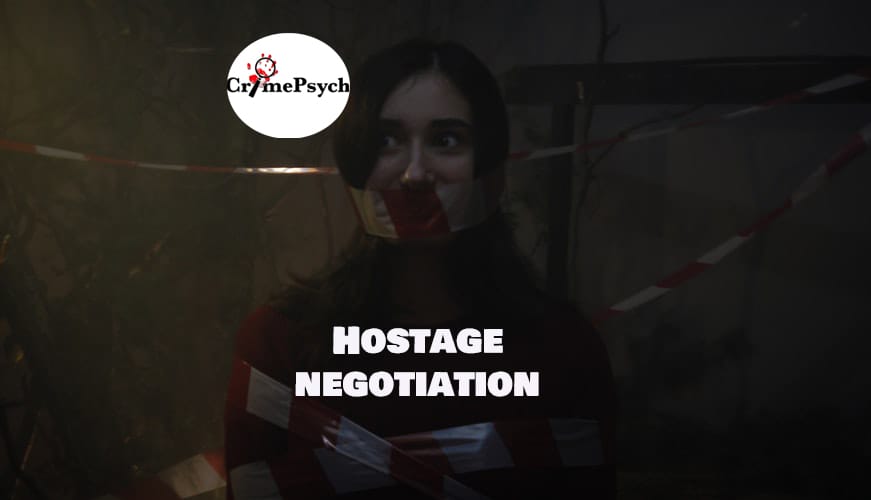In a notable turn of events, Hamas has given its approval to a list of Israeli hostages for a potential exchange, marking a significant step in the complex negotiations between the two parties. This development comes amid ongoing efforts to address the humanitarian crisis resulting from the recent conflict, which has seen a substantial number of individuals taken captive.
The approval of the Israeli list by Hamas has raised hopes for a possible resolution that could facilitate the release of hostages. This decision is part of broader discussions that have been taking place over the past few weeks, aimed at finding a way to alleviate the suffering of families affected by the hostilities. The negotiations have involved various intermediaries, including international actors who are keen to see a de-escalation of tensions in the region.
The hostages, who are believed to include both civilians and military personnel, have been a focal point in the discussions. Their fate has drawn widespread attention, not only from their families and communities but also from international organizations advocating for humanitarian rights. The situation has been particularly dire, with families of the hostages expressing their anguish and desperation for news about their loved ones.
Reports indicate that the list approved by Hamas includes individuals whose capture has been confirmed, and the group has expressed its willingness to engage in further negotiations regarding the terms of their release. This development is seen as a critical juncture in the ongoing dialogue, which has been fraught with challenges and setbacks. The willingness of Hamas to consider an exchange reflects a recognition of the humanitarian implications of the situation and the pressures being exerted by various stakeholders.
The potential exchange is not just about the hostages themselves; it also carries significant political implications. For Hamas, agreeing to an exchange could bolster its standing among its constituents and demonstrate its ability to negotiate effectively on behalf of those it represents. Conversely, for Israel, securing the release of hostages is a matter of national importance, and the government faces pressure from the public and families of the captives to take decisive action.
International observers have been closely monitoring the developments, as the situation remains fluid and subject to change. The complexities of the negotiations are compounded by the broader geopolitical context in which they are taking place. Regional dynamics, including the involvement of neighboring countries and international powers, play a crucial role in shaping the outcomes of such discussions.
As the negotiations progress, there is a palpable sense of urgency among the families of the hostages. Many have been vocal in their demands for action, urging both parties to prioritize the well-being of those who remain in captivity. The emotional toll on these families is immense, and their pleas have resonated beyond national borders, drawing attention to the human cost of the conflict.
The humanitarian aspect of the negotiations cannot be overstated. The ongoing violence has resulted in significant casualties and displacement, exacerbating an already precarious situation for many in the region. Humanitarian organizations have called for immediate action to address the needs of those affected, emphasizing the importance of prioritizing human rights and dignity in the midst of conflict.
While the approval of the hostage list by Hamas is a positive development, it is only one step in a much larger and more complicated process. The actual implementation of an exchange will require careful planning and coordination, as well as the establishment of trust between the parties involved. Past experiences have shown that negotiations can be fraught with setbacks, and the road ahead may be challenging.
In conclusion, the approval of the Israeli hostage list by Hamas represents a significant moment in the ongoing negotiations between the two sides. It highlights the urgent need for a resolution to the humanitarian crisis and reflects the complex interplay of political, social, and emotional factors at play. As discussions continue, the hopes of families and communities hang in the balance, awaiting a breakthrough that could lead to the safe return of their loved ones.



